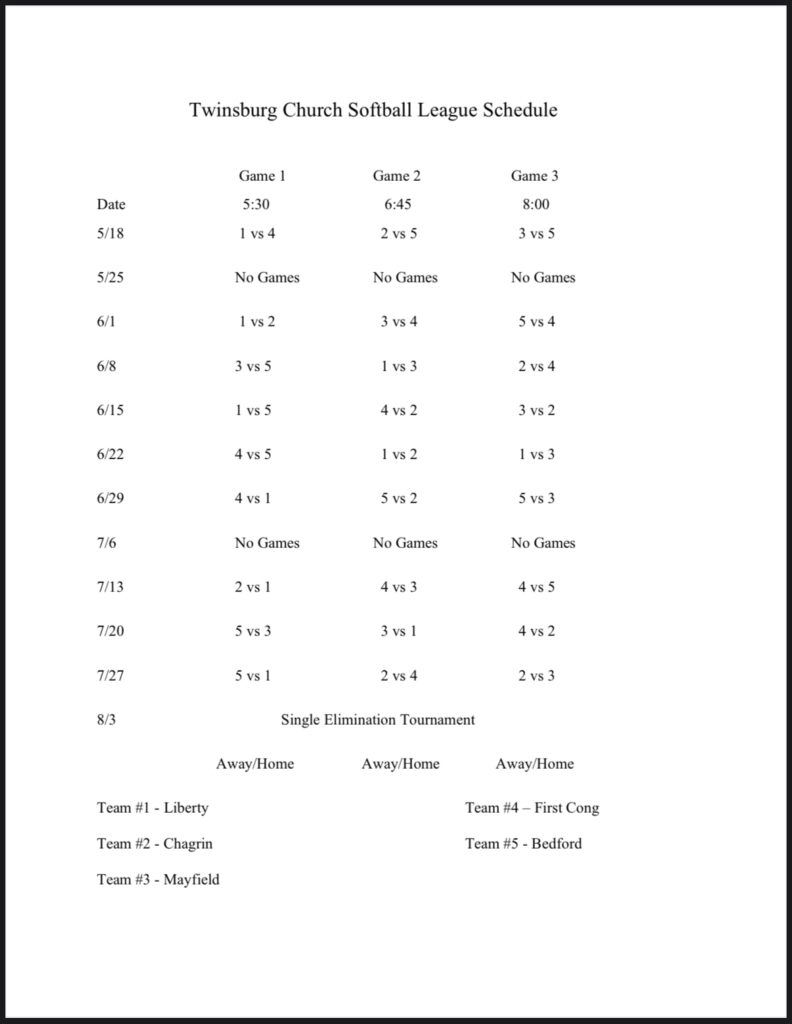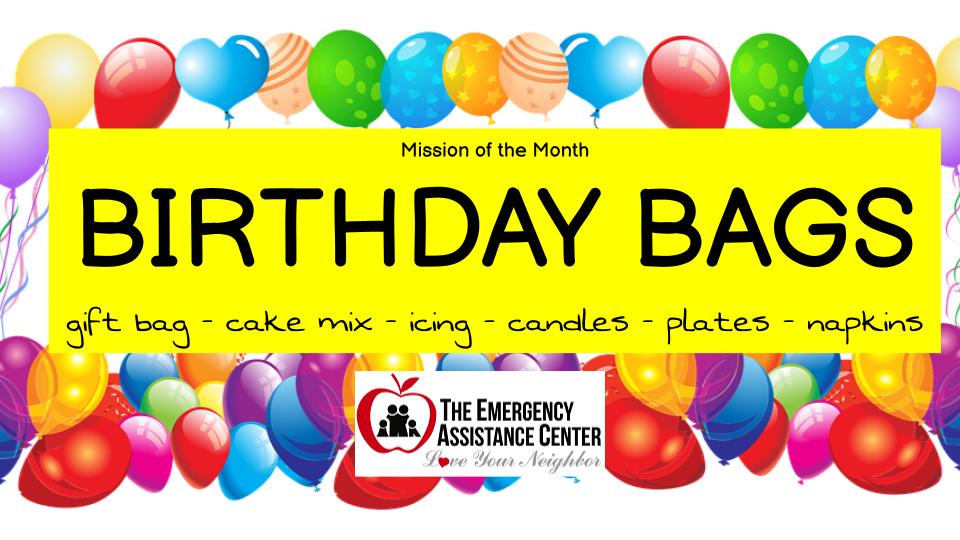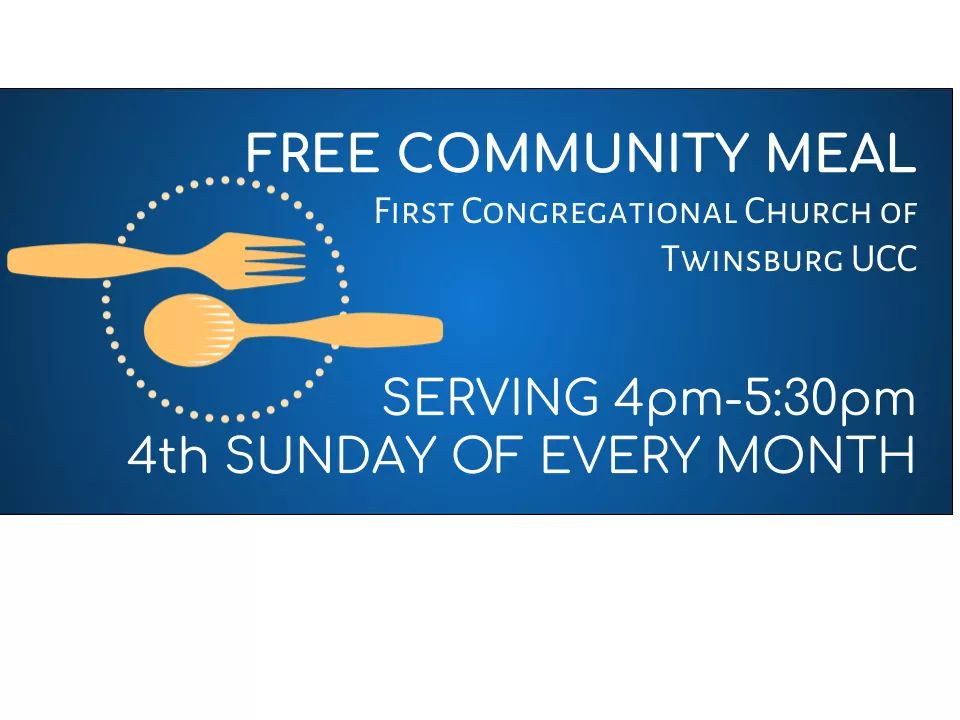“You have heard that it was said, ‘You shall love your neighbor and hate your enemy.’
But I say to you, Love your enemies and pray for those who persecute you,
so that you may be sons of your Father who is in heaven.
For he makes his sun rise on the evil and on the good,
and sends rain on the just and on the unjust.
What does Jesus tell us about justice in an unjust age? The core of it is in the Sermon on the Mount (Matthew 5-7). We often think in platitudes when we read this radical charter of the Kingdom of God. We spiritualize Jesus’ “turn the other cheek” to the place where we can give those that harm us their “what for!” The meek inheriting the earth is not a euphemism. It is the God-ordained order of God’s Kingdom. But our lack of vision for the Kingdom of God is the reason we cannot fully embrace justice for the meek, the poor, and the grieving. Our lack of vision keeps us from being those that hunger and thirst for justice, the peace makers, the sincere ones, and accept persecution for our justice seeking lives in the face of this unjust world.
Yet, Jesus isn’t satisfied with merely overturning this world. For the very essence of his critique — that we were created not merely for justice but also for love and life — is simultaneously the only possible hope for those enmeshed in the orders of the world. Strength eventually fails. Power corrupts. And survival of the fittest leaves so many bodies on the ground. Love alone transforms, redeems, and creates new life. As Martin Luther King, Jr., a student of both Jesus and Gandhi, once said, “Darkness cannot drive out darkness: only light can do that. Hate cannot drive out hate: only love can do that.”
This week we hear from David and how he responds to his mortal enemies being destroyed, and his competition for the throne of Israel being removed. How do you respond when those that disagree with you finally get their comeuppance?
Pastor Greg







